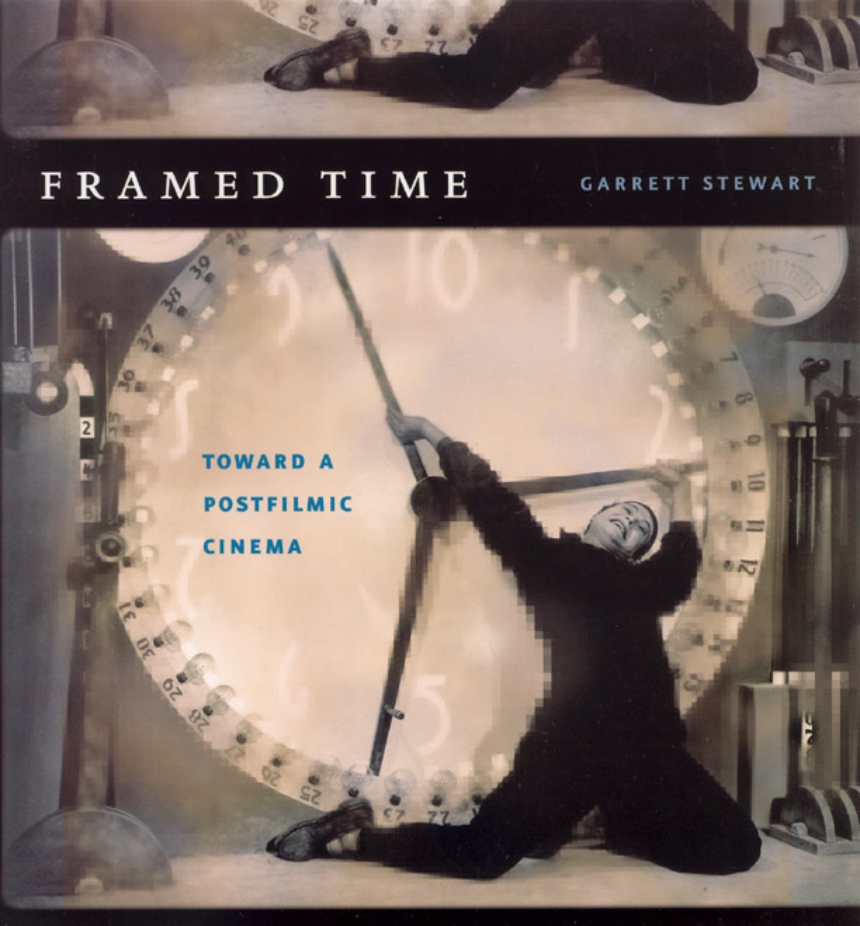Framed Time
Toward a Postfilmic Cinema
320 pages | 140 halftones | 8 1/2 x 9 1/4 | © 2007
Literature and Literary Criticism: General Criticism and Critical Theory
Reviews
Table of Contents
Forewords
Acknowledgments
Introduction: On Optical Allusion
1 Lexeme to Pixel: An Experiment in Narratography
The Golden Bowl The House of Mirth Citizen Kane
2 Trick Beginnings and the European Uncanny
Memento Insomnia Run Lola Run Three Colors: Blue Three Colors: Red The Double Life of Véronique The Red Squirrel Lovers of the Arctic Circle Time Regained Simon the Magician Heaven Swimming Pool
3 Out of Body in Hollywood
The Matrix Dark City The Manchurian Candidate Abre Los Ojos Vanilla Sky A.I. Artificial Intelligence The Sixth Sense The Others Jacob’s Ladder Adaptation Identity One Hour Photo
4 Temportation
Paris Qui Dort Johnny Mnemonic Frequency He Loves Me, He Loves Me Not Donnie Darko The Thirteenth Floor Eternal Sunshine of the Spotless Mind The Butterfly Effect 2001: A Space Odyssey Being John Malkovich
5 VR from Cimnemonics to Digitime
The Forgotten City of Lost Children Bad Education The Final Cut Caché Syriana
6 Media Archaeology, Hermeneutics, Narratography
Minority Report The Lake House Happy Accidents Brokeback Mountain The Jacket Irreversible
Appendix: Precinematics; or, Reading the Narratogram
Notes
Terms
Index
